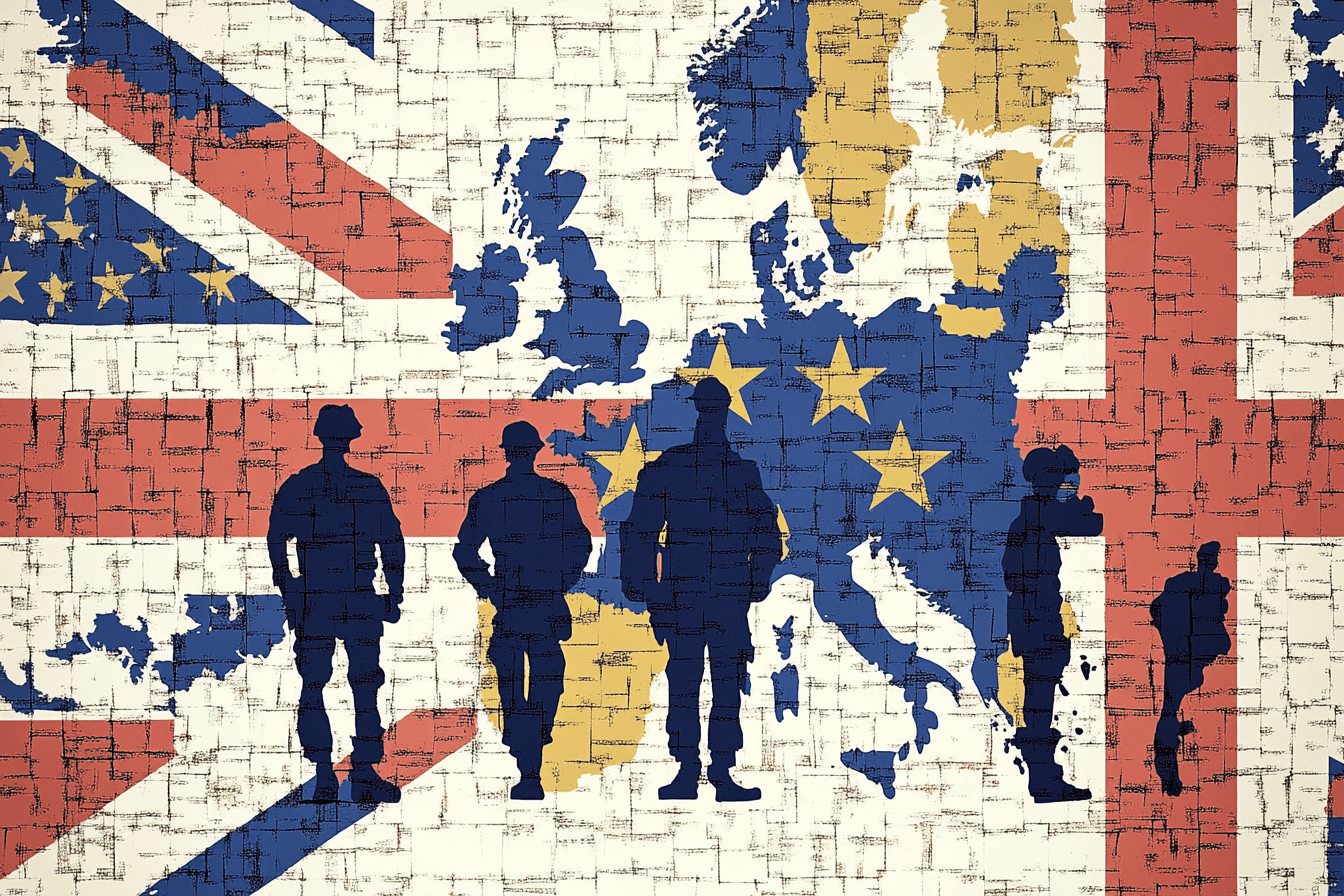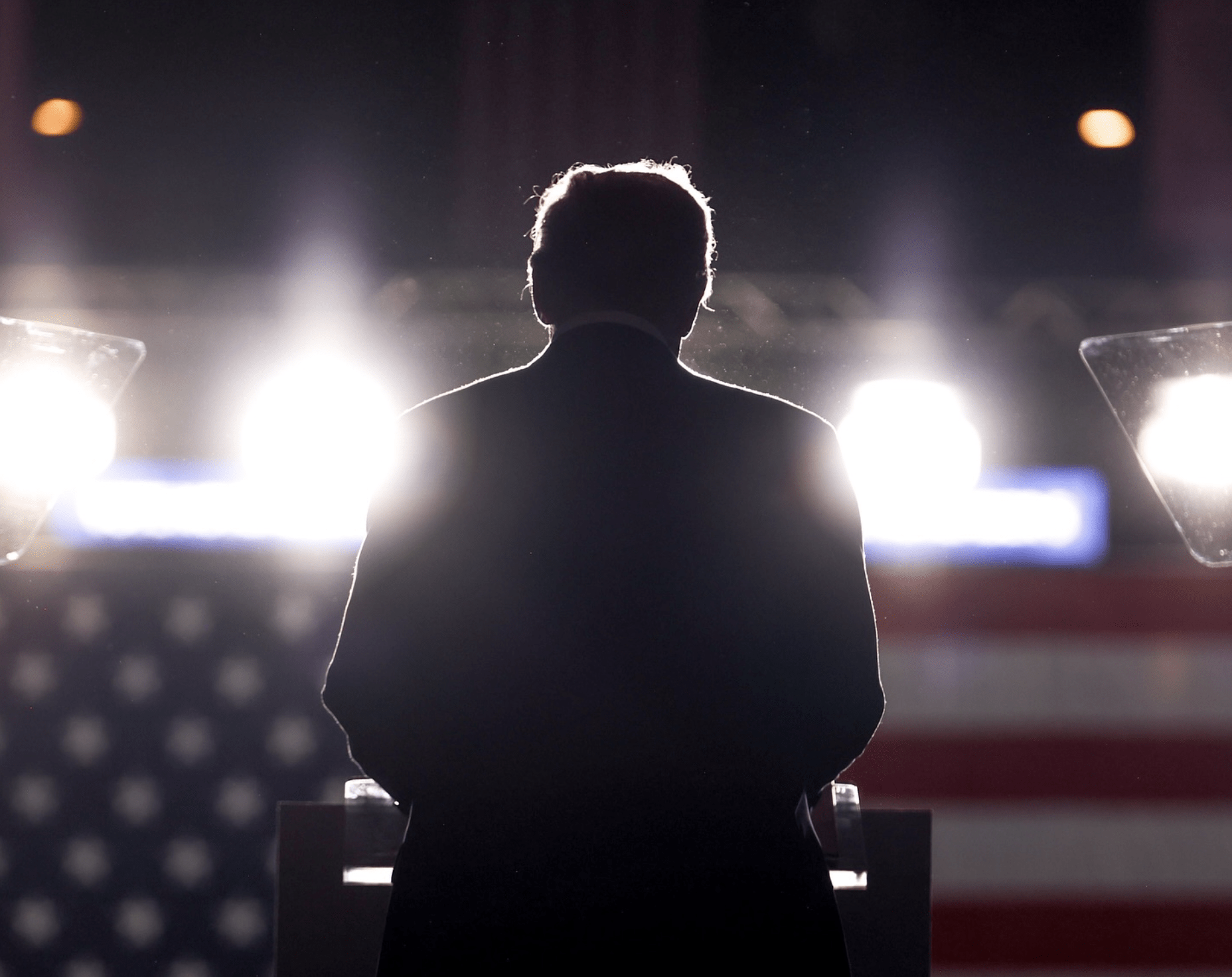Why the UK and the EU Should Cooperate More on Security
The foreign policy landscape is shifting fast, and it is time to overcome the post-Brexit- mutual diffidence.

-
File
We live in a shifting geopolitical and geoeconomic world, refocused on hard defence, but also with a broader appreciation of wider security and deterrence challenges. The EU can be and is a security provider. On traditional security and defence, where the EU has a long history of military and civil peace support and peace-building missions, from Aceh to Gaza, to – still today – the Balkans.
Through Permanent Structured Cooperation (PESCO), EU member states share capabilities, from medical support to enabling military mobility, to building missiles. And, though so far to a limited extent, the EU funds the development of military capability, through instruments like the European Defence Fund.
But the EU also helps and supports member states to tackle a range of wider security challenges and to build their resilience: to counterterrorism, cybercrime and reinforce cyber security, to protect critical infrastructure, including telecommunication and digital infrastructure, to tackle dis- and misinformation and build online resilience, and to reduce critical dependencies, whether that’s on energy, oil, and gas, or key inputs, such as rare minerals.
Secondly, Brexit was a missed opportunity, with mistakes made on both sides. The May government (2016-2019) made the case for continued cooperation on security after Brexit, setting out detailed proposals at the Munich Security Conference in 2018. But these were dismissed by the Johnson government in 2019.
The EU side did not always send a positive signal about cooperation, excluding the UK from the Galileo satellite programme, arguing that post-Brexit the UK was not a reliable partner.
We ended up with arrangements that preserved a certain amount of cooperation on crime fighting and data sharing, but no structured cooperation on foreign policy or international security.
And this, thirdly, as the world became a more dangerous place. The Covid pandemic served to underline several critical dependencies. Awareness of the challenge presented by China’s behaviour increased. Russia’s invasion of Ukraine completely changed the politics around defence, military capabilities, and deterrence.
Against this background, in the elections earlier this year, Labour Party’s manifesto undertook to “seek an ambitious new UK/EU security pact to strengthen cooperation on the threats we face”, as well as to rebuild and develop relationships with key European allies, including France and Germany, and with others like the Nordics and the Baltics.
This was matched on the EU side by the ambition in the Commission’s Political Guidelines for the next five years, to strengthen relations with the U.K. on security, and also on energy and resilience – echoing comments from leading Labour figures - like Foreign Secretary David Lammy - that we should be aiming for a broad security pact covering shared challenges on energy and climate too.
Since Labour won the election in the summer of 2024, progress on these issues has been slow. Some bilateral security relationships have strengthened, notably with Germany, but there’s been little progress in developing a wider security relationship with the EU.
There are reasons to think that it might accelerate. The Labour government has set out some of its key domestic objectives, including in the recent budget. There’s a new Commission from December, with a new mandate, including on defence.
But perhaps most importantly, Donald Trump’s victory in the US presidential elections will change the dynamics of US relations with the EU, and with the UK, across a range of issues from Ukraine and defence, to China and technology, to climate and trade.
It’s still early days and difficult to predict how all this will play out, but the shift in US priorities and policies will inevitably impact relations across Europe, including between the U.K. and the EU.
The debate has started on how the U.K. should manage relations with the US and Europe: can it balance or must it choose? This debate could be more acute on some issues than others.
Depending on what exactly the US does, there could be difficult decisions on tariffs and trade. But on defence, at least in principle, efforts to strengthen cooperation on European Defence should be welcomed by the Trump administration.
Strengthening the European pillar of NATO will be a key, central part of any such effort. But that’s not our main focus today.
Our case today is that the underlying challenges and the evolution of the politics strengthen the case for the UK to redouble its work to develop cooperation with its European neighbours on security and, specifically, to pursue agreement on a broad-based Security Pact with the EU.
I want to focus on why it’s worth making the effort, recognizing that some of the issues that arise will be difficult, and will require imagination and flexibility, from both sides.
So, why bother?
Quite simply, because of the significant potential mutual benefit. The foreign policy landscape is shifting fast. A structured framework for UK/EU foreign policy dialogue and cooperation would embed the ad hoc arrangements that have developed in areas like sanctions and enable cooperation on new and evolving challenges.
There is more to do with internal security. The UK already cooperates with EU neighbours on police, judicial investigations, and border management. But that cooperation could be significantly reinforced to tackle shared challenges, like fighting the gangs trafficking migrants.
There’s a shared interest in looking again at where the U.K. could work with EU peace support missions, for example in Bosnia, and some of the EU efforts to share and support capability development, around improving military mobility for example.
There are areas like cyber, tackling dis and misinformation, and potentially space, where the U.K. has much to contribute, as well as to gain, from deeper U.K./EU cooperation.
This commentary is part of the edited transcript of a IEP@BU-Center for European Law at the King’s College of London debate on “The Future of EU and UK Foreign Policy”. The event took place in London, on November 14, 2024

Depending on what exactly the US does, there could be difficult decisions on tariffs and trade. But on defence, at least in principle, efforts to strengthen cooperation on European Defence should be welcomed by the Trump administration
IEP@BU does not express opinions of its own. The opinions expressed in this publication are those of the authors. Any errors or omissions are the responsibility of the authors.
